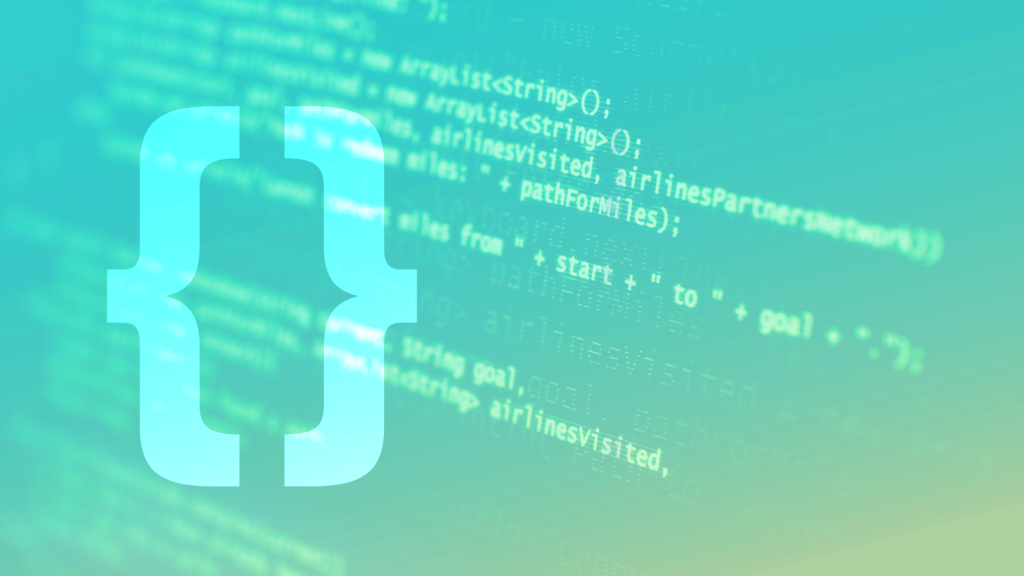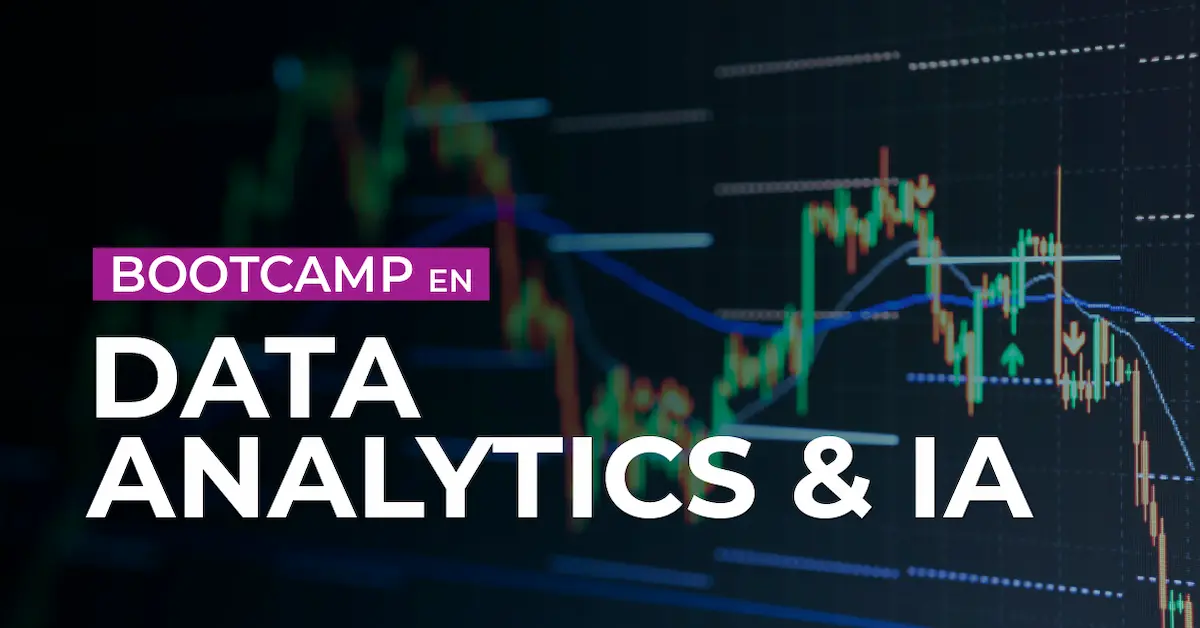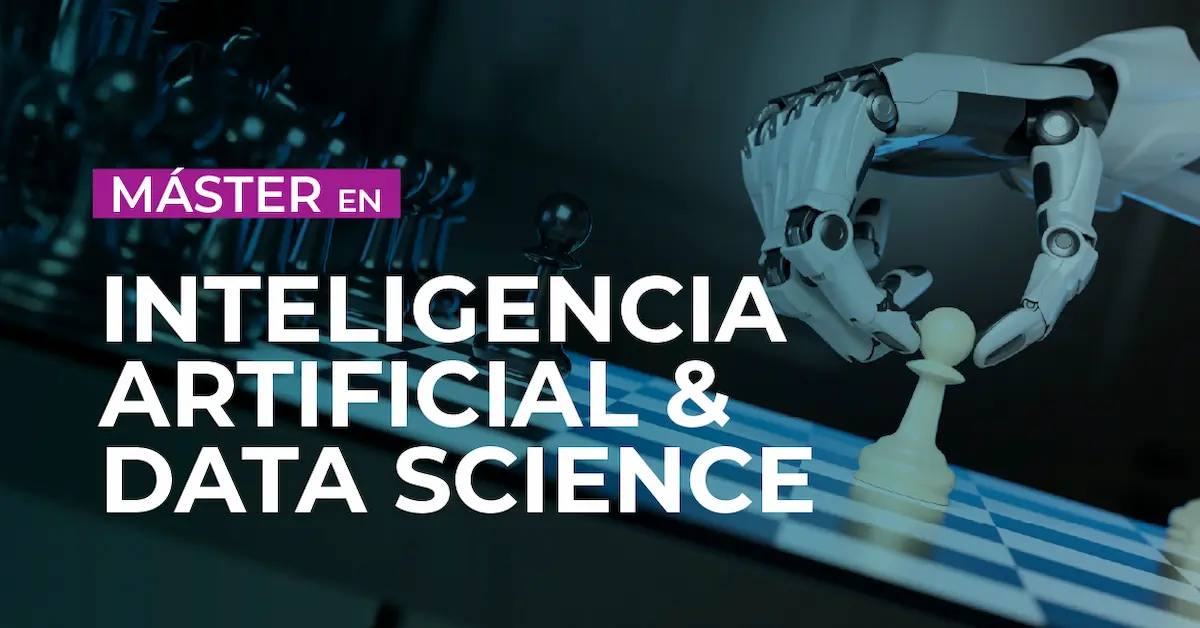Today, the data analysis has become an essential skill for businesses and professionals seeking to make informed and strategic decisions. The efficient management of databases SQL and NoSQL (relational and non-relational), is essential for processing and analysing large volumes of information.
But what are SQL and NoSQL databases and how can we learn how to use them?
SQL and NoSQL databases
Relational Databases (SQL): structure and accuracy
The relational databases use the SQL language (Structured Query Language) to manage data organised in tables with defined relationships. This model is ideal for applications that require data integrity and consistency, such as financial or business management systems.
That is why we need to be able to:
- Design efficient database schemas.
- Perform complex queries using subqueries and common table expressions (CTEs).
- Implement stored procedures and functions to automate tasks.
- Use PostgreSQL as a relational database management system.
These skills enable data analysts to extract accurate and relevant information to support business decision making.
Non-Relational Databases (NoSQL): flexibility and scalability
NoSQL databases, such as MongoDBThey offer a more flexible structure for storing unstructured or semi-structured data, such as JSON documents. They are ideal for applications that require horizontal scalability and large volumes of datasuch as social networks or recommendation systems.
In the Bootcamp in Data Analytics & AI IMMUNE, students will take on a module of the programme, Data Engineering Fundamentalsin which they will be able to:
- Learn the basics of NoSQL databases and their different types (documentary, key-value, columnar and graph).
- Implement solutions using MongoDB, understanding its data model and CRUD operations.
- Explore use cases where NoSQL databases offer advantages over relational databases.
This training enables students to adapt to different data storage and processing needs in modern environments.
Integration of SQL and NoSQL in real projects
The IMMUNE Bootcamp not only teaches the technologies separately, but also emphasises the importance of integrating them into hybrid solutions. Students work on projects where they combine relational and non-relational databases to take advantage of the best of both worlds. For example, they may use SQL to handle financial transactions and NoSQL to store real-time logs of user activity.
This hands-on approach prepares participants to deal with real-world scenarios, where the choice of the appropriate database depends on the specific requirements of the project.
Certifications and career opportunities mastering SQL and NoSQL databases
Upon completion, students are prepared to obtain recognised certifications in the field of data analysis, such as:
- Microsoft Certified: Azure Data Fundamentals.
- IT Specialist in Data Analytics.
- Certifications in visualisation tools such as Power BI and Tableau.
These credentials increase the employability of graduates, opening doors for them in roles such as:
- Data Analyst.
- Junior Data Scientist.
- Business Intelligence Specialist.
- Digital Transformation Consultant.
Conclusion on SQL and NoSQL databases
The domain of SQL and NoSQL databases is essential for any data analytics professional. IMMUNE Technology Institute's Data Analytics & AI Bootcamp offers comprehensive, hands-on training in these technologies, preparing students to meet the challenges of today's business world.
With a focus on real-world projects and recognised certifications, this programme is an excellent choice for those looking to advance their career in data analytics, offering comprehensive training in these technologies, preparing students to meet the challenges of the data analytics world. data analysis.


